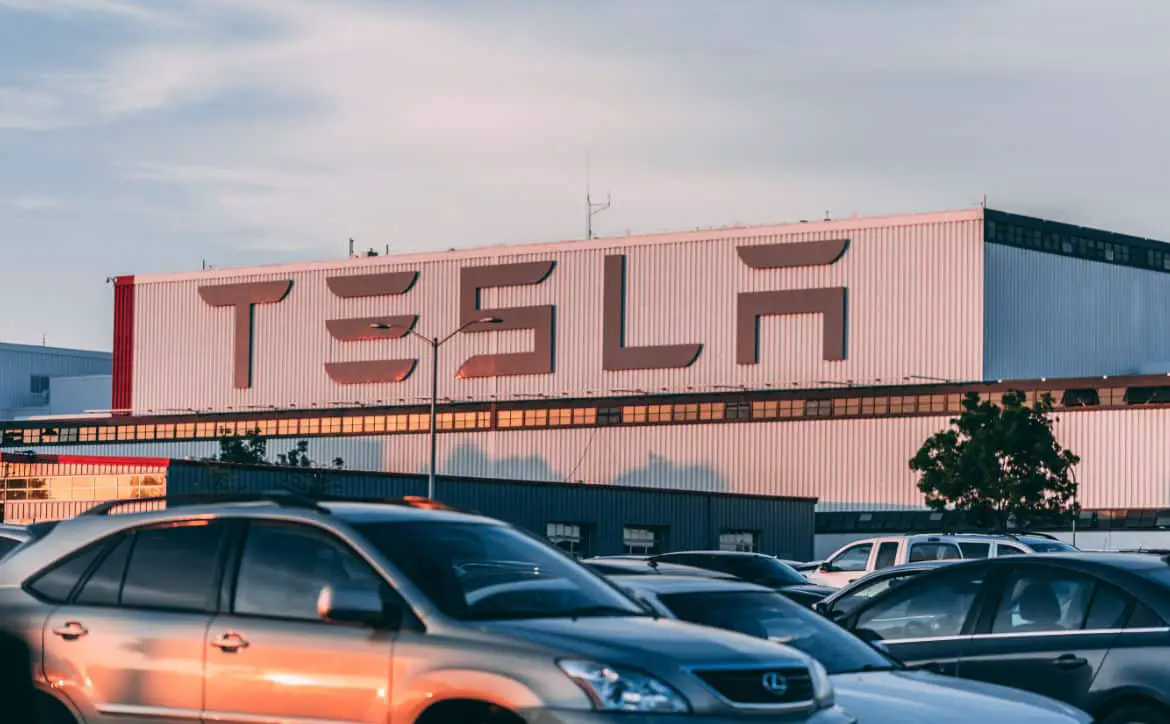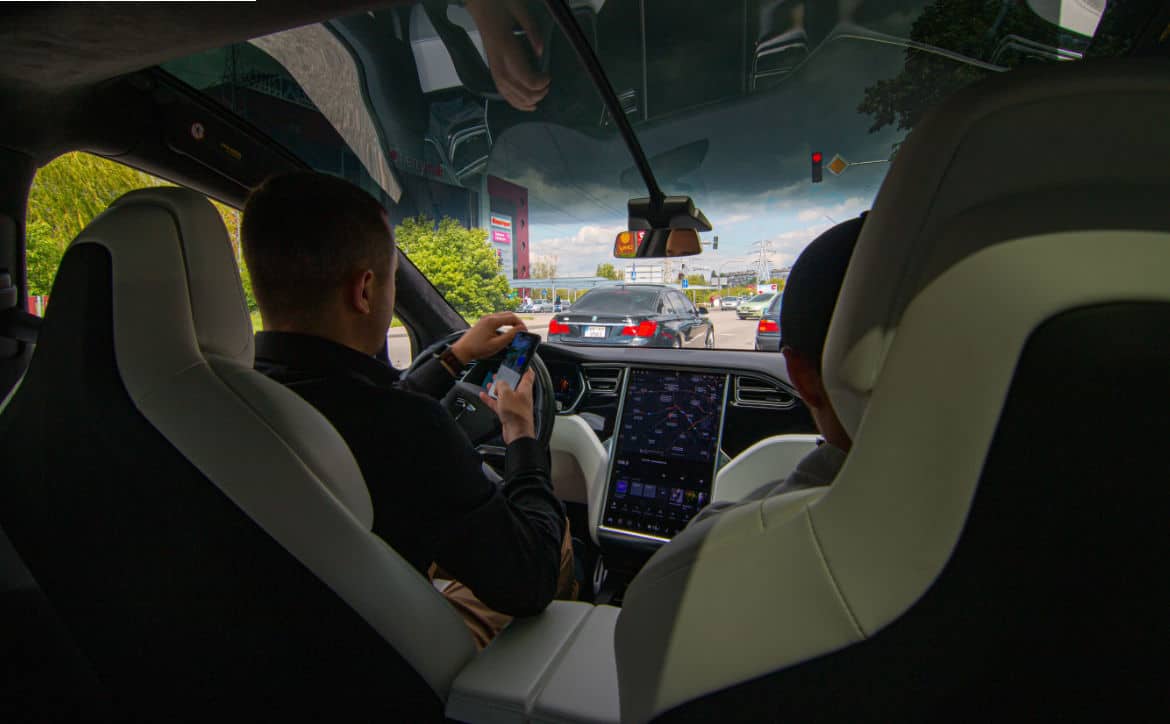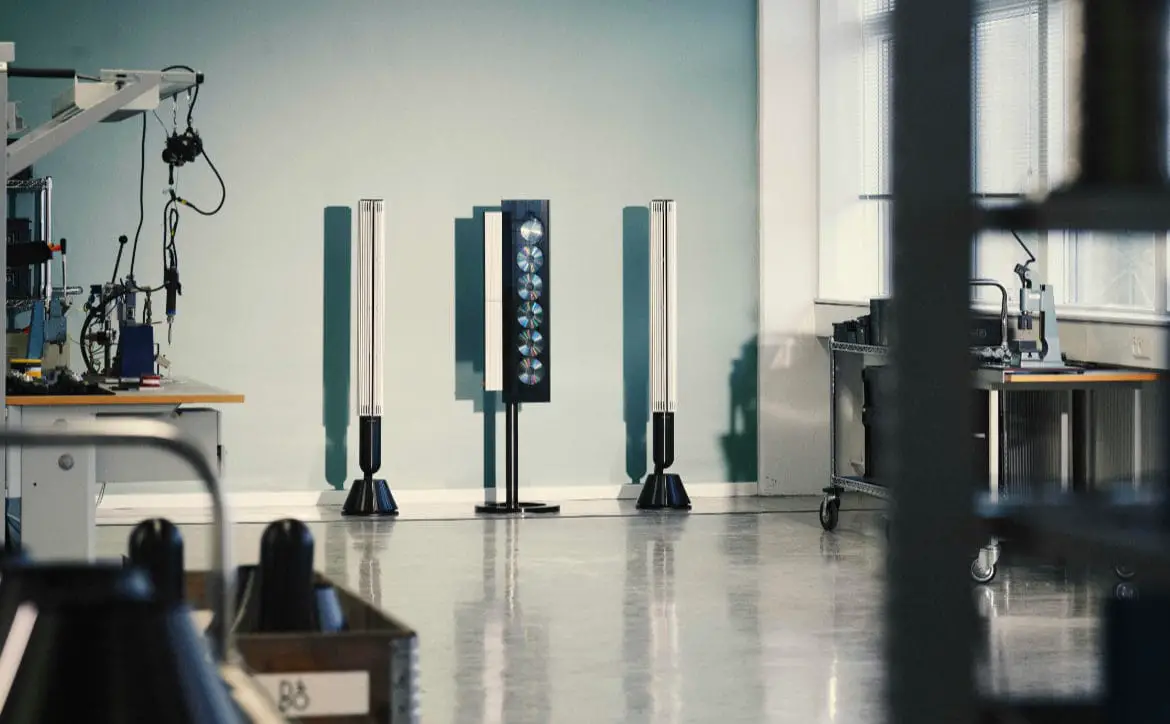The automotive industry has experienced incredible developments in recent years. Electric cars, hybrid cars, and partially autonomous vehicles are now dominating the market, contributing to safer roads and a greener world. But while these advancements have been a big step forward for car manufacturers, they only represent a fraction of the auto industry’s potential.
Estimated reading time: 0 minutes
A natural next step for the automotive industry is the heightened integration of artificial intelligence (AI) into vehicles and the processes behind their creation. After all, automation technologies are taking over the entire world, and many automakers are already making leaps and strides when it comes to research and development. AI is set to deliver massive improvements to the driving experience.
Although only time will tell which auto companies will be the frontrunners in the race toward complete automation, these are five likely ways that cars and auto manufacturing will evolve in the future thanks to AI.
The Next Frontier: Self-Driving Cars
In the automotive industry, AI is most commonly discussed in conjunction with autonomous vehicles. Although there has been plenty of lead-up to this futuristic development, fully self-driving cars are the next frontier for automakers — one that companies like Tesla, Alphabet (with Waymo), and Ford are competing to reach first. Within the next decade, there’s a good chance that we’ll see total automation, which allows vehicles to drive without any human intervention at all.
We’re already seeing evidence of the power of AI in this area of the automotive industry. The Honda Legend has reached Level 3 automation — an advancement on a scale of zero to six that’s higher than any other previously produced vehicles have yet to reach — which means drivers have some ability to decrease their level of focus on the road. This car model is capable of changing lanes on its own and initiating an emergency stop when needed.
Similarly, Waymo Robotaxis are operating at Level 4 automation, which means they can fully operate on their own within a geofenced area. There’s no doubt that Level 5 — the goal of all of these companies’ R&D teams — is within reach.
5G as a Catalyst for Automotive AI
Another technology that’s increasingly being integrated into cars is 5G, which bridges the digital divide by expanding access to the internet. For consumers, 5G technology makes it possible to stay connected while on commutes and road trips. For manufacturers, it offers more opportunities to integrate automation tools that depend on an internet connection to run. AI can now be combined with the internet of things (IoT) to improve the driving experience.
As an example of how 5G can spark the intersection of AI and IoT, entertainment systems can become smart infotainment systems that drivers can command with their voice. Beyond playing music and answering calls hands-free, drivers may be able to request information about their car’s current oil condition or ask for a map to the cheapest gas station.
The opportunities for AI are endless with 5G technology connecting you on every drive.

AI in the Manufacturing Process
Automakers aren’t just integrating AI with the cars they release into the world. They’re also introducing AI into the manufacturing process, a trend that can be expected to continue the more important automation becomes in our world. After all, AI is highly beneficial for car manufacturers, which can use robots and AI to increase efficiency, reduce costs, and free up their employees for more strategic work.
One way AI is used in car manufacturing is to improve demand forecasting and inventory management. AI systems have the potential to accurately determine the right amount of vehicles and parts to produce by spotting patterns in data and sales. Since production can be expensive for automakers, this is an exciting development that can reduce waste.
AI can also help car-making robots self-correct any inefficiencies in the production process.
Automating Operations With AI
While AI is often tied to production processes in the auto industry, this technology can also improve softer processes within the field — for example, it can be used with marketing, payroll, and business management.
One of the areas that can be most impacted by AI is the selling process and sales. Salespeople can use AI to identify the pain points, objections, and customer journeys of potential clients, so they can optimize their conversations and the sales process as a whole. As a result, they can improve their conversion rates while reducing costs.
Paired with other modern technology, like virtual reality (VR) in dealerships that help shoppers envision themselves with a car, AI can be a sure-fire way to elevate the car-shopping process.
Enhancing Safety With Machine Vision
When the manufacturing of a vehicle is complete, the automotive industry must complete several inspections to ensure it’s safe and reliable for consumers. This is another area that can greatly benefit from integrations with AI.
Whereas human-led inspections often result in missed flaws and other errors, machine vision uses complex imaging processes (like infrared and x-ray imaging) and smart sensors to screen every area of a vehicle. These AI-based technologies can increase the reliability of quality assurance processes — and therefore, the reliability of a car manufacturer’s outputs — so cars can become much safer with fewer recall-worthy risks.
Machine vision can also help manufacturers reduce costs by decreasing the amount of time and human resources needed to fully inspect a car. In turn, it can help automakers invest more money into more AI developments in their actual products.
Pushing Forward to the Future of Cars
The future is always uncertain, but it’s clear that we’re already seeing hints of rising automation across the automotive industry. Many car manufacturers are already making headlines for achieving grand successes in their journeys toward Level 5 automation. If (or rather, when) companies reach this achievement, they’ll bring driverless, non-geofenced vehicles to life.
Beyond the self-driving car developments that crowd headlines, AI is enhancing the driver experience by making vehicles safer and — when paired with IoT — more connected and smart. For automakers, AI can also present new opportunities to improve efficiency in both manufacturing and operational processes. The time and costs saved can be reinvested into research and development programs that can bring further innovation into the future of cars.
What do you think of AI and the automotive industry? Please share your thoughts on any of the social media pages listed below. You can also comment on our MeWe page by joining the MeWe social network.










